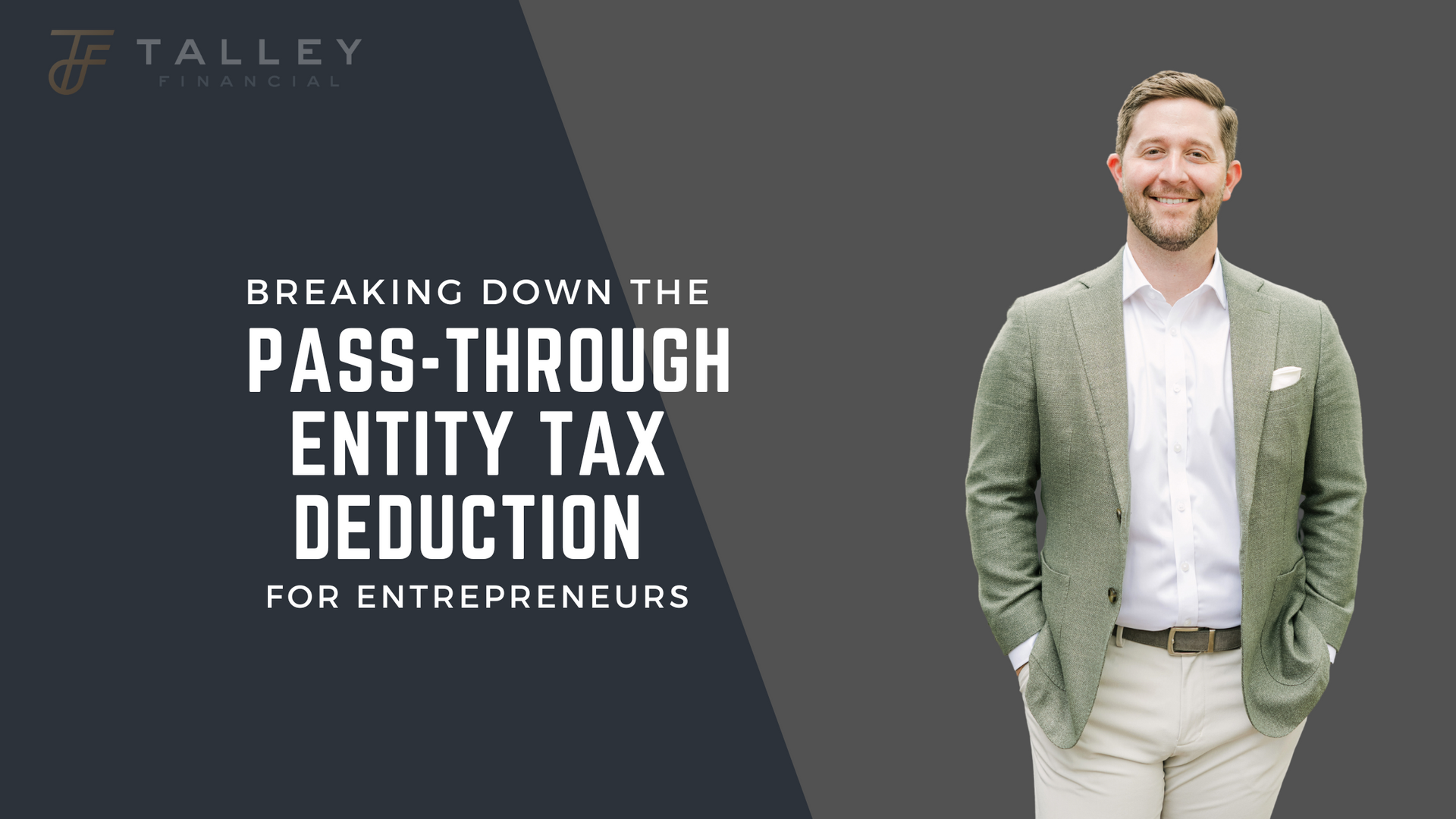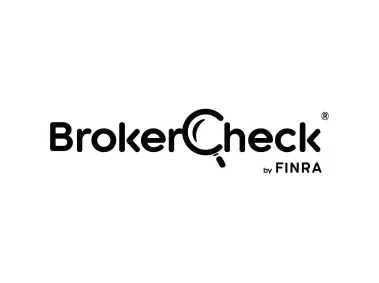Navigating Financial Advisor Fees: A Guide to Clarity
Navigating Financial Advisor Fees: A Guide to Clarity
By David Talley CFP®
Finding the right financial advisor can feel like navigating a complex maze. Picture yourself with a compass that only points to "north-ish" and a map in a language you barely understand. One of the more crucial parts of this journey is understanding the costs involved in their services. By understanding these fees, you can decide if you're getting good value for your investment (or if you accidentally bought a timeshare in a swamp). This guide will help explain the different fee structures so you'll know what to expect and how to choose the one that may fit your needs best.
Understanding Financial Advisor Fees
Choosing a financial advisor often feels daunting. You might wonder, "What are all the fees I'm paying, and are they really worth it?" Having a clear idea of these fees can help you decide if you're getting good value for your investments—or just accidentally funding your advisor's next vacation to the Bahamas.
Breaking Down Fee Structures
When it comes to paying for financial advice, there are generally three ways advisors get paid:
flat fees, advisory fees, or commissions. Let's take a closer look at each one:
- Flat Fee: A flat fee is a set amount you pay for certain services. It's like buying a ticket to a theme park – once you pay, you can access the services agreed upon. Just make sure the roller coaster ride of your financial future is included! This method is straightforward and transparent, allowing you to know exactly what you'll be paying upfront, without any hidden surprises.
- Advisory Fee: An
advisory fee is usually a percentage of the assets the advisor manages for you, often around 1% of your investment portfolio. It's like sharing a slice of your pie—just hope your advisor doesn't have an insatiable sweet tooth! This type of fee can align the advisor's interests with yours, as they benefit when your investments grow. However, it's important to know exactly how much you'll be paying over time, as costs can accumulate quickly.
- Commissions:
Advisors who earn commissions make money by selling financial products like mutual funds or insurance policies. It's like receiving a tip each time they sell a product or service to you. While some find this structure motivating for the advisor, it's crucial to understand it fully. The advisor might earn more commissions on some products than others, which could affect the advice you receive—similar to how a waiter might suggest the lobster bisque because it's "highly recommended" (and highly profitable).
Choosing the Right Fee Structure for You
When it comes to fee structures,
no one option is better than the rest. It really depends on your personal situation and what services you need. Some people might find a flat fee suits them well because all costs are clear and upfront—like having a menu with prices instead of a "market price" that can be unpredictable. Others might prefer a commission-based structure if they want access to more expensive products without an upfront cost, similar to those "free" samples at the supermarket (we know you went back for seconds).
The Importance of Transparency
When you're choosing a financial advisor, transparency is crucial. Think of it like choosing a restaurant with an open kitchen—you want to see what's going on back there! Transparency means easily seeing what and how you're being charged. Knowing the total fees and why you're paying them helps you make informed decisions and avoid significant financial setbacks.
Preferred Fee Structures
Many financial advisors opt for fee structures that make things clear. All of
our work basically is either that 1% fee, a wrap fee for investments, or a flat financial planning fee. A wrap fee typically bundles various charges into a single, predictable cost. This can simplify budgeting and save time trying to keep track of multiple fees—like bundling your streaming services so you can watch everything from "Tiger King" to "Downton Abbey" seamlessly.
Making Your Decision
Ultimately, choosing the right fee structure is about what works best for you. Consider your financial goals and the complexity of your needs. Are you just starting out and looking for basic advice, or do you have an extensive portfolio similar to a Monopoly tycoon with properties on Boardwalk and Park Place? These factors can influence which
fee structure might suit you best.
The most important takeaway? Be informed and ask the right questions. Talk to your advisor and make sure you fully understand each fee and its purpose. You have the right to know exactly what you're paying for—after all, making smart financial decisions starts with having all the information. And remember, whether it's a flat fee, an advisory fee, or commissions, the most important thing is that you understand exactly how you're being billed and you're comfortable with that arrangement. A transparent fee structure helps build trust between you and your advisor, leading to a more successful financial journey—and maybe even helping you afford that extra guacamole at Chipotle.
Check out our blog 10 Questions to Ask Any Financial Advisor (Talley Financial Q&A) and consider using this checklist to guide your conversations with potential financial advisors, ensuring you choose one who aligns with your needs and offers transparency in their services.













